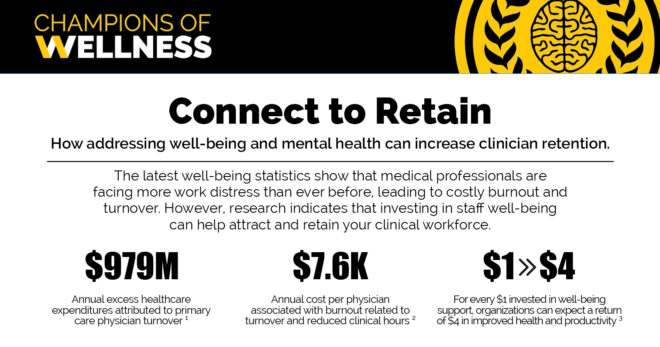Mental health advocacy plays a crucial role in raising awareness about mental health issues, breaking down stigma, and promoting access to mental health services. Millions of individuals worldwide are affected by mental health conditions, yet many do not receive the care and support they need. This is where peer support comes in.

Credit: mhanational.org
What is peer support?
Peer support involves individuals with lived experiences of mental health challenges providing practical guidance and sharing their own journeys of recovery. By offering empathy, understanding, and validation, peer support workers help individuals develop their own goals, create strategies for self-empowerment, and take concrete steps towards building fulfilling, self-determined lives.
How does peer support help with mental health?
Peer support provides a unique kind of support that can complement professional services. Here are some ways in which peer support helps:
- Sharing lived experiences: Peer support workers can connect with individuals on a personal level, sharing their own experiences to provide validation and hope.
- Non-judgmental listening: Peer support workers are trained to listen attentively and without judgment, creating a safe and confidential space for individuals to share their thoughts and feelings.
- Mutual understanding: Peer support workers understand the challenges and struggles individuals face because they have been through similar experiences themselves. This shared understanding helps build trust and rapport.
- Practical guidance: Peer support workers offer practical advice and guidance based on their own experiences and knowledge of available resources.
- Empowerment: Peer support encourages individuals to take an active role in their own recovery, empowering them to make informed decisions and seek appropriate help when needed.
Where to find mental health advocacy and peer support in Austin, Texas?
If you are looking for mental health advocacy and peer support services in Austin, Texas, there are various organizations that offer these services:
| Organization | Services Provided |
|---|---|
| Austin Mental Health Community (Austin MHC) | Peer support services for individuals with lived experience of mental health challenges |
| Texas COSPs – Peer Network | Advocacy, educational forums, outreach, and peer support for individuals with mental health concerns |
| Peer Network | Peer-run and operated service providers offering peer support for mental health |
In addition to these organizations, you can also seek support from your family doctor, local Mental Health America office, clergy, or crisis centers. These resources can provide referrals and connect you with appropriate mental health services.

Credit: www.facebook.com
The importance of mental health advocacy
Mental health advocacy is crucial for breaking down the stigma surrounding mental health and ensuring that individuals have access to the care and support they need. By raising awareness, advocating for policy changes, and promoting mental wellness, advocates play a vital role in creating a society that values and supports mental health.
In conclusion
Mental health advocacy and peer support are essential components of a comprehensive mental health care system. By providing support, understanding, and guidance, peer support workers empower individuals on their journey to recovery. If you or someone you know is struggling with mental health challenges, seek out the resources and support available in your community, and remember that you are not alone.
Frequently Asked Questions For Mental Health Advocacy And Peer Support: Empowering Wellness
How Does Peer Support Help Mental Health?
Peer support helps mental health by sharing lived experiences, providing practical guidance, and empowering individuals to create self-determined lives. It contributes to raising awareness, reducing stigma, and promoting access to mental health services. It provides a platform for individuals seeking help with mental health issues and fosters a sense of community and support.
What Is Mental Health Advocacy?
Mental health advocacy raises awareness, breaks stigma, and promotes access to services for mental health issues.
What Is An Example Of Peer Advocacy?
Peer advocacy is when advocates and their partners share similar experiences or environments, like children in a group home or individuals with mental health issues.
What Are Three Sources Of Support For Individuals Seeking Help With Mental Health Issues?
Three sources of support for individuals seeking help with mental health issues are referrals from a family doctor, clergy, or local Mental Health America office, which also provides mental health care services and crisis centers. These provide essential support for individuals with mental health challenges.


-2.jpg)
